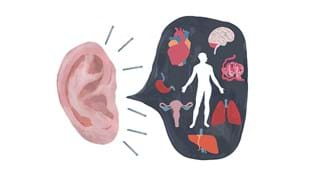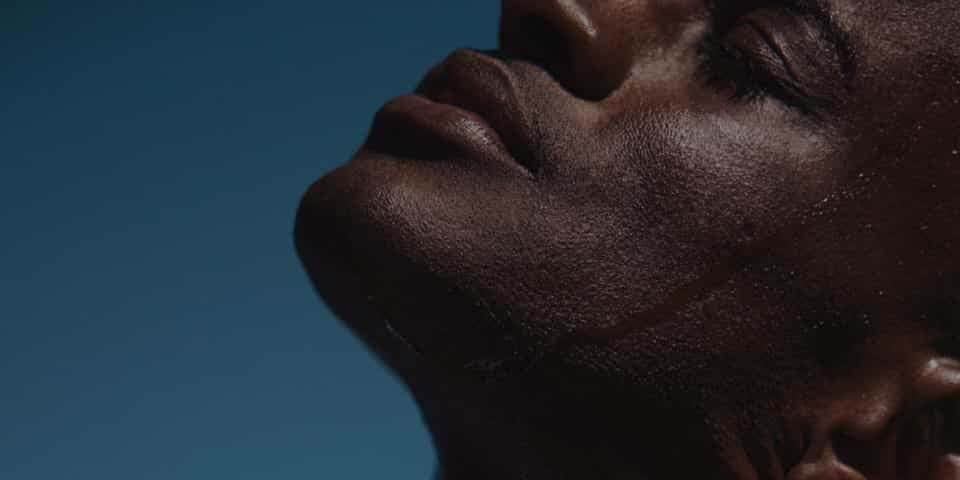How much water should we drink a day? Can a contact lens go missing in my brain? Will carrots make me see better? James Hamblin, medical doctor and senior editor at the Atlantic, hears these and other questions about bodily functions all the time. So he set out to answer them in a series of videos and now a book, If Our Bodies Could Talk: A Guide to Operating and Maintaining a Human Body. It's a field guide to the fascinating world inside our skin, and he discusses it in this free-ranging interview:
Hamblin says a lot of people want quick answers in regard to their health. “Should I be avoiding gluten? How many hours should I be sleeping? Just tell me! It becomes very difficult to make any recommendations that are absolutely valid for all people in all situations.”
Still, he gives it a good go in the book, including confirming that a contact lens cannot get lost in your brain – and why men have nipples.
“That got me to this interesting idea of why we treat nipples so differently in our culture, when they are the same organ. That we all have this thing, and men are, in most parts of the world, allowed to go out on beaches and no one gives it a second though when they’re shirtless, and the opposite is true for women. Why this really passionate double standard?”
Hamblin says the claim that carrots can give people better eye sight has turned out to be false, unless you’re deficient in vitamin A. “Just because a little bit can save you from blindness, doesn’t mean the more you take, the sharper your vision will get. More does not mean better.”
That’s a constant theme throughout the book, he says, as people often attempt to mega-dose on things – which usually just results in “expensive urine”.
When it comes to alcohol, he says there’s a clear message in “the dose makes the poison”. While alcoholism is clearly associated with shrinkage of the brain and early cognitive decline, the healthiest populations in the world often include alcohol in their diet.
In answer to the question of how much sleep we should have, he says the average of all the studies comes out somewhere around 7.5 hours. “For some people, 7.5 might not be enough, and for others it might be too much. And there’s this population of so-called short sleepers who get by on much, much less. So there certainly seems to be a genetic, hereditary element to how much sleep our bodies require.”
The notion that people who require less sleep somehow have a stronger character is misguided, he says. “It’s almost like treating taller people as though they were just simply more dedicated to growing. It’s not a sign of strength to forgo that sleep, it’s more likely you’re doing harm to yourself, you’re putting yourself at risk.”
The idea of drinking eight glasses of water a day is where physiology meets behavioral science, he says. “It is an arbitrary number, but giving people a concrete goal is more effective than telling them they need to drink more water.”
The point of the book, he says, is to avoid stressing about the golden rules of living correctly – which can be stressful in itself. “We do know things, but there’s a lot that we don’t, and there’s not one perfect answer for the way we should be doing things. You can kind of be happy with what’s working for you.”
This content is published under licence and in partnership with Radio New Zealand, one of the world’s foremost public broadcasters. To learn more go to radionz.co.nz








